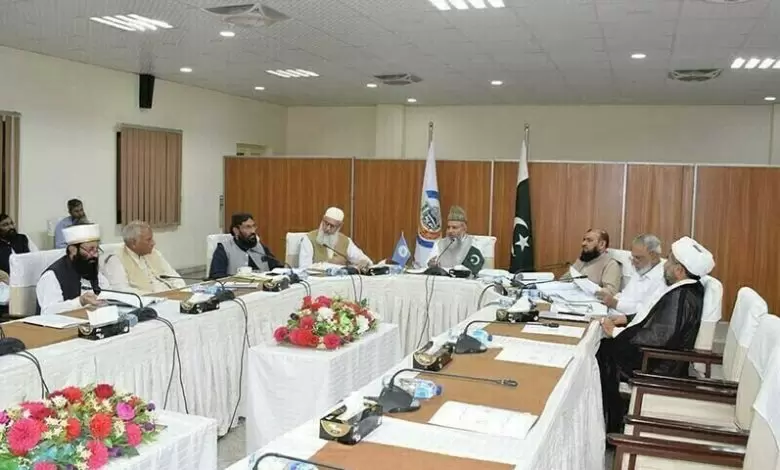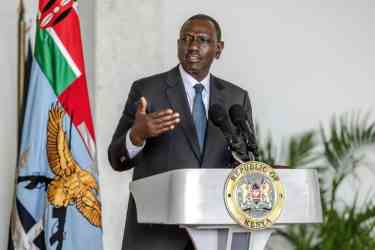
Islamic Ideological Council Rejects Supreme Court Ruling Allowing Wife To End Marriage Over Husband's Second Marriage
The decision was made during a CII meeting held on March 25-26, chaired by Dr. Raghib Hussain Naeemi. The controversy stems from an October 23, 2024, Supreme Court verdict in which a woman had sought dissolution of her marriage after her husband took a second wife without her permission, in violation of the 1961 Muslim Family Laws Ordinance. The court ruled in her favor, affirming that a wife has the right to seek dissolution if her husband remarries without consent.
However, the CII asserted that Islamic law provides only two legitimate ways to end a marriage: Khula (when a woman seeks separation) and Talaq (when a husband divorces his wife). The council maintained that under Shariah, a man is permitted to have up to four wives and does not require permission from his first wife or any other authority to remarry. It further deemed the 1961 law as inconsistent with Islamic principles.
Also Read: Healthcare Services Remain Suspended in Orakzai Hospitals for Over a Month
CII members reiterated the council's previous stance that men do not need their existing wives' approval for subsequent marriages and that the 1961 law contradicts Islamic teachings. They emphasized that men can have up to four wives without being accountable to their previous spouses or any external authority.
The meeting was attended by several scholars and officials, including Zafar Iqbal, Abdul Ghafoor Rashid, Sahibzada Pir Khalid Sultan, Muhammad Jalaluddin, Farida Raheem, Justice (Retd) Altaf Ibrahim, Azeer Mahmood, Pir Shams-ur-Rehman, Allama Yousaf Awan, Mufti Muhammad Zubair, Syed Iftikhar Hussain Naqvi, Mufti Intikhab Ahmed, Hassan Haseeb-ur-Rehman, Shafiq Pasruri, Sahibzada Hafiz Muhammad Amjad, Saeed- Hassan, and Atiq-ur-Rehman.
Additionally, the council supported optional premarital medical tests for thalassemia and other infectious diseases, suggesting that while it could be included in the Nikah Nama (marriage contract), neither party could be forced to undergo testing. This decision was in response to a government proposal to make medical tests mandatory before marriage, similar to regulations in some other Muslim countries.
The council also ruled on organ transplantation , stating that donating organs such as kidneys or liver is permissible in Islam, provided the donor's life is not endangered by the procedure.

Legal Disclaimer:
MENAFN provides the information “as is” without warranty of any kind. We do not accept any responsibility or liability for the accuracy, content, images, videos, licenses, completeness, legality, or reliability of the information contained in this article. If you have any complaints or copyright issues related to this article, kindly contact the provider above.






















Comments
No comment